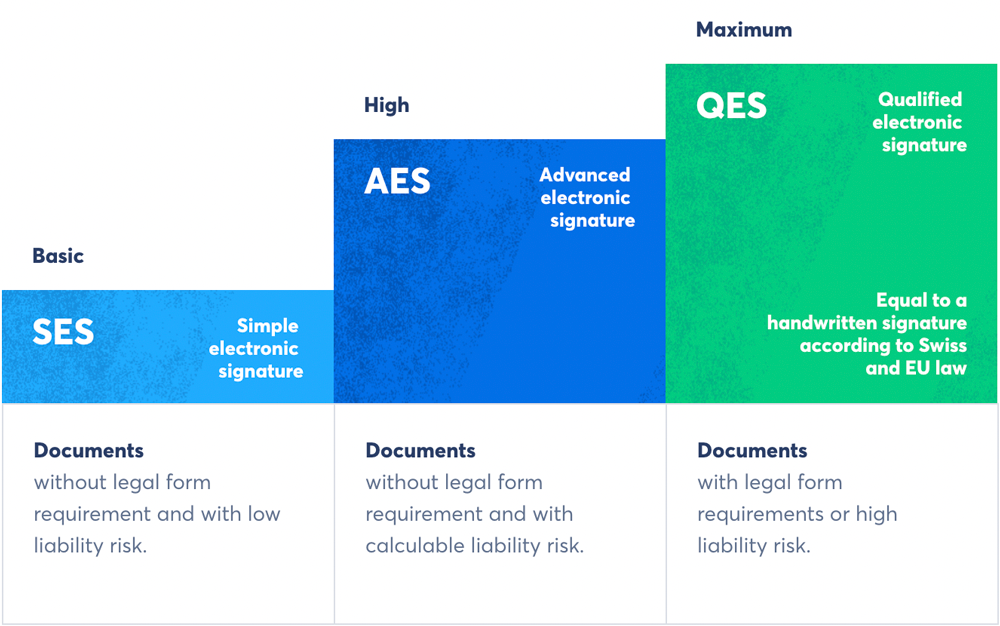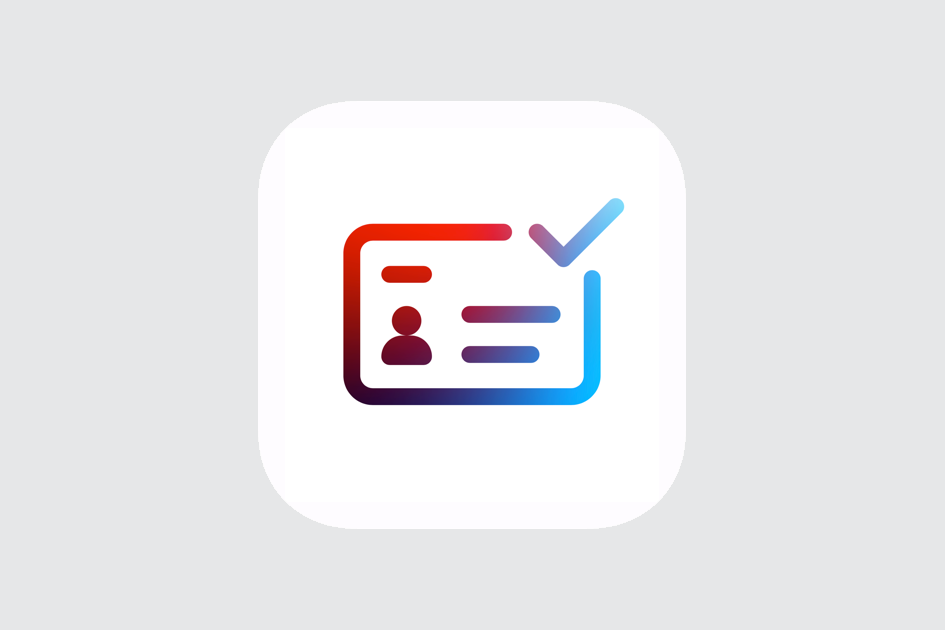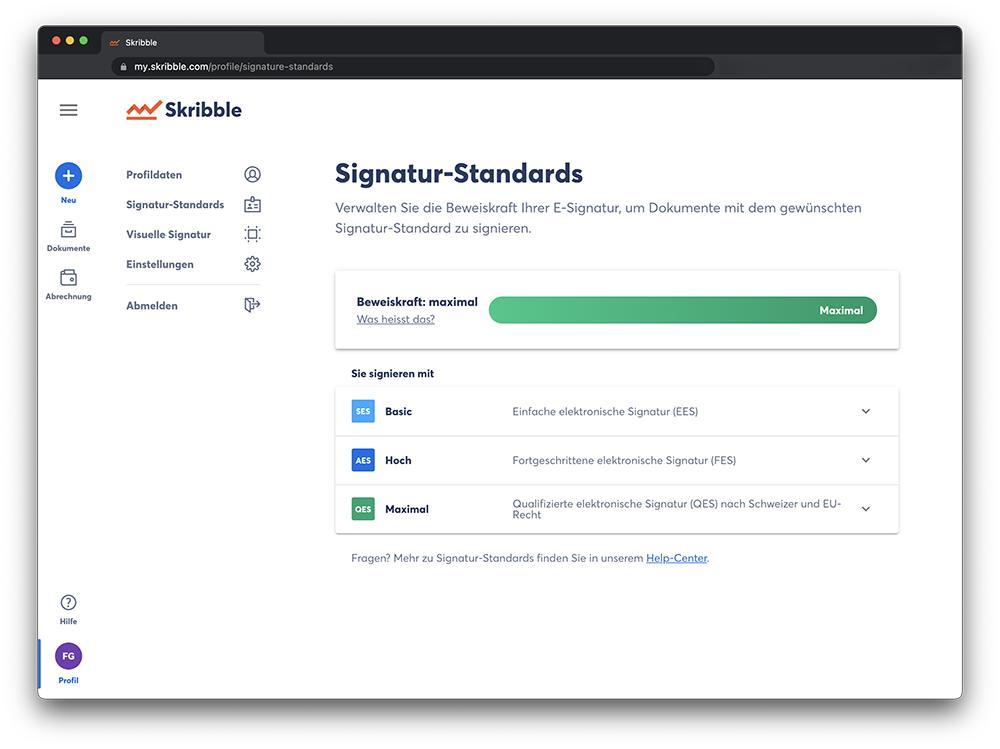The complete digitalisation of human resources is now possible

Wincasa is driving digitalisation in all areas of the company, with Human Resources at the forefront: the HR department has gone completely paperless – all documents are archived and signed electronically. Even employment contracts and work certificates are now only issued digitally. This reduces lead times manifold.
Daniel Joost is Head of HR Consulting & Recruitment at Wincasa and will show us today how HR can put an end to pen and paper by using legally valid e-signatures. This way, even confidential documents such as employment contracts can be signed electronically with external parties.
Mister Joost, your colleague Marco Kissling mentioned in our blog interview on the digitalisation of the rental process that HR is the digital pioneer within Wincasa. Can you expand on that?
Yes, we use Skribble a lot in HR. Today, all employment contracts and contract amendments are signed digitally. The same goes for work certificates. We do not use paper anymore.

Thanks to Skribble, our management has also digitalised powers of attorney which stipulate that certain employees are authorised to represent Wincasa before the Conciliation Authority.
These use cases require a high level of security. Which e-signature standard do you use for this in HR?
Whenever possible and appropriate, we use the qualified electronic signature (QES) with maximum legal weight. Especially when communicating with authorities, we use QES. This differs from the digital rental process, where the advanced electronic signature (AES) is used.

What’s your personal experience with Skribble’s e-signature so far?
My experience has been exclusively positive: Skribble is so easy to use that everyone understands it straight away. We’ve only received positive feedback from external partners as well. Thanks to the e-signature, we’ve become so much faster and more efficient that we can’t imagine working without it any more.
How do you manage the face-to-face identification required for the QES under Swiss law?
For our employees, we’ve defined the QES as the standard. This way, they don’t have to worry about which e-signature standard to use every time they sign a new document. With QES, they are always on the safe side.
For onboarding, we’ve defined some employees as RA agents who perform in-house identification. With the help of Swisscom's RA app, they can independently identify and qualify other employees for the QES.

What advantages can Skribble offer HR in particular?
The added value is enormous: our lead times have decreased manyfold. Especially for employment contracts, the efficiency gains are considerable. We’ve gone from weeks to days or even hours. At the same time, we can always keep track of the signing progress and will be notified when a contract has been signed. That’s impossible when you’re using paper.
Are there other departments besides HR that use Skribble?
Thanks to us, other departments have recognised the advantages of e-signatures and are gradually following in our footsteps. About 150 employees in total are currently signing with Skribble’s QES.

About 1,000 employees should be ready by the end of the year. The roll-out is happening company-wide. We’re looking forward to the transformation of pen and paper into the completely digitalised exchange of documents with e-signatures.
Many thanks to Daniel Joost for this fascinating interview.

